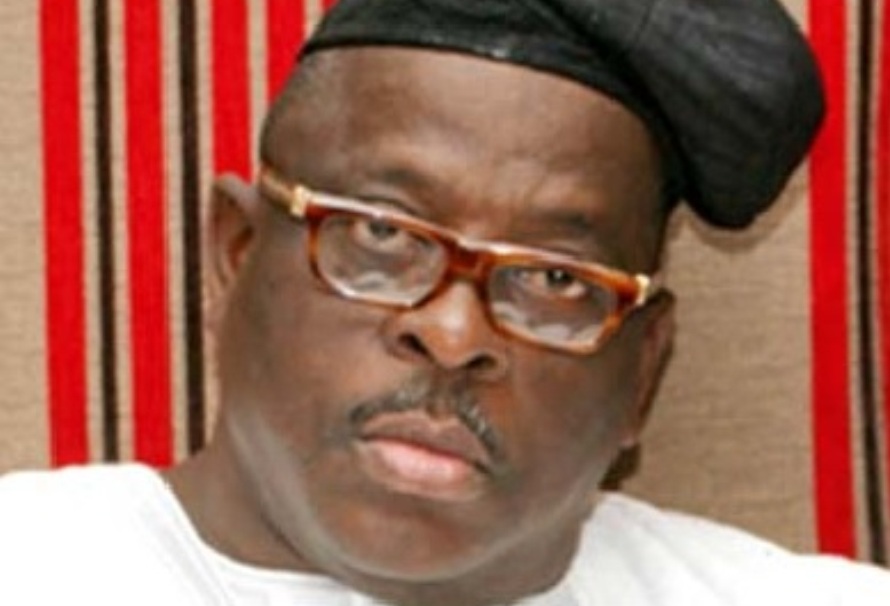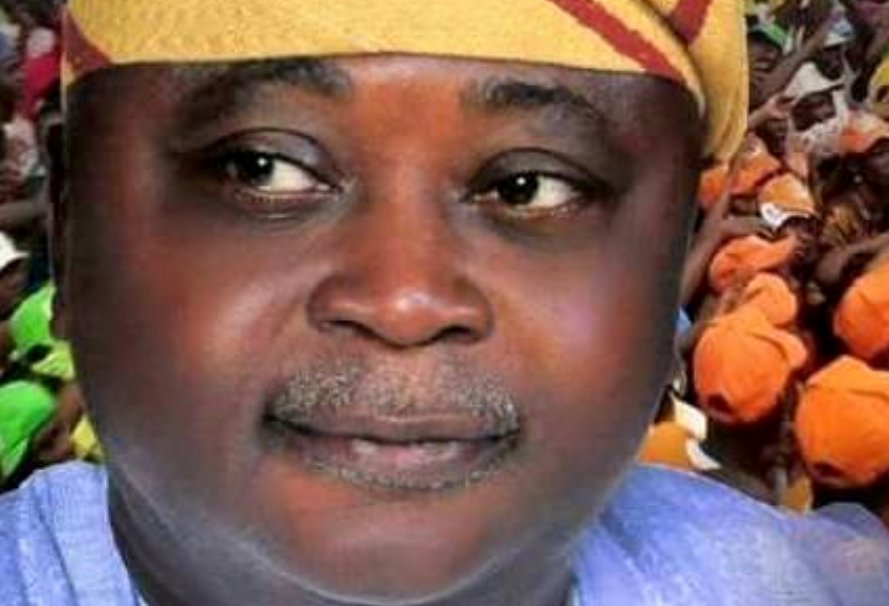Society
Kashamu Buruji Battles 22 Banks In Court Over Stamp Duty

A report available have it that
A special panel constituted by the President of Court of Appeal, Justice Zainab Bulkachuwa will on April 7 hear the appeal filed by twenty-two commercial banks challenging a judgment of a Federal High Court delivered by Justice C J Aneke which ordered them to remit to Nigerian Postal Services through KASMAL International Services limited a sum of N70 as stamp duty on every transaction from N1, 000 and above.
The Peoples Democratic Party South West leader, Senator Buruji Kashamu is the Chairman and Chief Executive, KASMAL International Services limited.
The five-man panel presided over by Justice Ibrahim Saulawa adjourned the appeal for hearing and ordered that hearing notices should be issued to all parties in the matter.
At the lower court, KASMAL International Services had in a 32-paragraph affidavit deposed to by Prince Buruji Kashamu, urged the court among others to order the banks to give effect to the Agency Agreement between it and the Nigerian Postal Services (23rd defendant) as well as the Cooperate Agreement between it and the School of Banking Honours (24th defendants) respectively.
The banks are, Access bank Pls, Citibank Nigeria Limited, Diamond Bank Plc, ECO bank Plc, Enterprise bank Plc, Fidelity, First bank Nigeria Plc, First Monument Bank Plc, First Inland Bank Plc, Heritage Banking company limited, Mainstreet Banking limited, Skye Bank Plc, Stanbic IBTC bank limited, Standard Chartered bank Plc, Sterling bank Plc, Union bank Plc, United Bank of Nigeria Plc, Unity bank Plc, WEMA bank Plc, Unity bank Plc, Zenith bank Plc respectively.
Justice Aneke had in his judgment declared that upon a community reading and the construction of the provisions of the Stamp Duties Act 2004, NIPOST Act 2004, and the Federal Government of Nigeria Financial Regulations 2009, the 22 banks are obliged to deduct and remit to NIPOST (23 defendant) through the plaintiff a sum of N50 as stamp duty on all receipts by electronic transfer or teller deposit of monies from N1000 upward made into accounts operated in all their branches.
Dissatisfied, the banks in their separate notice of appeal urged the appellate court to allow the appeal and set aside the judgment of the lower court.
They argued that the lower court erred in law when it held that KASMAL International Services limited’s suit was properly commenced by originating summons.
The appellants through their respective counsels stated that the lower court judge erred in law when he held that the respondent had the locus standi to institute the suit for the recovery of stamp duties.
They also faulted the decision of the lower court when it held that the banks transactions relating to electronic funds transfer on held of its customers and teller deposits of funds by its customers can be described as receipts within the provisions of Section 89 of the Stamp Duties Act.
‘’The learned trial judge erred in law and misdirected himself when he granted the reliefs sought by the plaintiff and ordered the appellants (banks) are liable to deduct and remit the sum of N50 as Stamp Duties and electronic transfers on amounts equaling or in excess of N1, 000 in all the banks’ branches and also pay the penalty of N20 to the plaintiff.”
They argued that the law says is to attach adhesive stamps ad-valorem on assessed documents and not to remit any money whatsoever to the Nigerian Postal services
Contrary to the verdict of the lower court, the appellants stated that only the President and the governor of a state have the power to make regulations concerning the Stamp Duty Act in carrying into effect the objects and purposes of the Stamp Duty Act.
The appellant stated further that the lower court misdirected itself in holding that the plaintiff/respondent who has no privy of contract with the banks has succeeded in establishing a cause of action for breach of contract notwithstanding the Plaintiff do not have locus standi to sue the appellants.
Orijoreporter









